
Direct Evidence of the Efficacy of Public Mask Wearing
- Connexions
- 2021-01-14
- 2506
If there is strong direct evidence, either a suitably powered randomized controlled trial (RCT), or a suitably powered metaanalysis of RCTs, or a systematic review of unbiased observational studies that finds compelling evidence, then that would be sufficient for evaluating the efficacy of public mask wearing, at least in the contexts studied. Therefore, we start this review looking at these types of evidence.
Direct Epidemiological Evidence.
Cochrane and the World Health Organization both point out that, for population health measures, we should not generally expect to be able to find controlled trials, due to logistical and ethical reasons, and should therefore instead seek a wider evidence base. This issue has been identified for studying community use of masks for COVID-19 in particular . Therefore, we should not be surprised to find that there is no RCT for the impact of masks on community transmission of any respiratory infection in a pandemic.
Only one observational study has directly analyzed the impact of mask use in the community on COVID-19 transmission. The study looked at the reduction of secondary transmission of SARS-CoV-2 in Beijing households by face mask use (10). It found that face masks were 79% effective in preventing transmission, if they were used by all household members prior to symptoms occurring. The study did not look at the relative risk of different types of mask.
In a systematic review sponsored by the World Health Organization, Chu et al. looked at physical distancing, face masks, and eye protection to prevent person-to-person transmission of SARS-CoV-2. They found that “face mask use could result in a large reduction in risk of infection.” However, the review included only three studies of mask use outside health care settings, all of which were of SARS, not of SARS-CoV-2, one of which was incorrectly categorized (it occurred in a hospital, but during family and friend visits), and one of which found that none of the households wearing masks had any infections, but was too underpowered to draw any conclusions . The remaining study found the use of masks was strongly protective, with a risk reduction of 70% for those that always wore a mask when going out , but it did not look at the impact of masks on transmission from the wearer. It is not known to what degree analysis of other coronaviruses can be applied to SARS-CoV-2. None of the studies looked at the relative risks of different types of mask.
There has been one controlled trial of mask use for influenza control in the general community . The study looked at Australian households, was not done during a pandemic, and was done without any enforcement of compliance. It found that “in an adjusted analysis of compliant subjects, masks as a group had protective efficacy in excess of 80% against clinical influenza-like illness.” However, the authors noted that they “found compliance to be low, but compliance is affected by perception of risk. In a pandemic, we would expect compliance to improve.” In compliant users, masks were highly effective at reducing transmission.
Overall, evidence from RCTs and observational studies is informative, but not compelling on its own. Both the Australian influenza RCT and the Beijing households observational trial found around 80% efficacy among compliant subjects, and the one SARS household study of sufficient power found 70% efficacy for protecting the wearer. However, we do not know whether the results from influenza or SARS will correspond to results for SARS-CoV-2, and the single observational study of SARS-CoV-2 might not be replicated in other communities. None of the studies looked specifically at cloth masks.
-
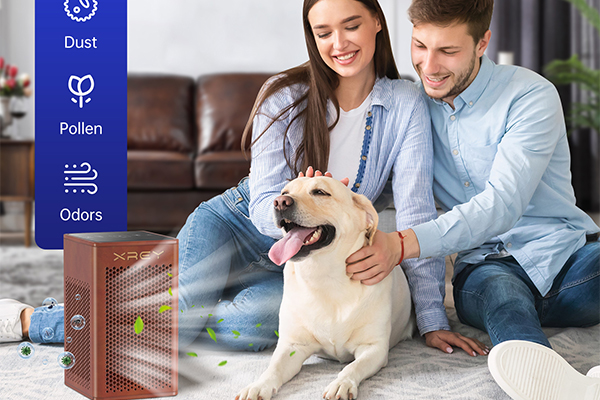 2022-04-26Are air purifiers environmentally friendly ?
2022-04-26Are air purifiers environmentally friendly ? -
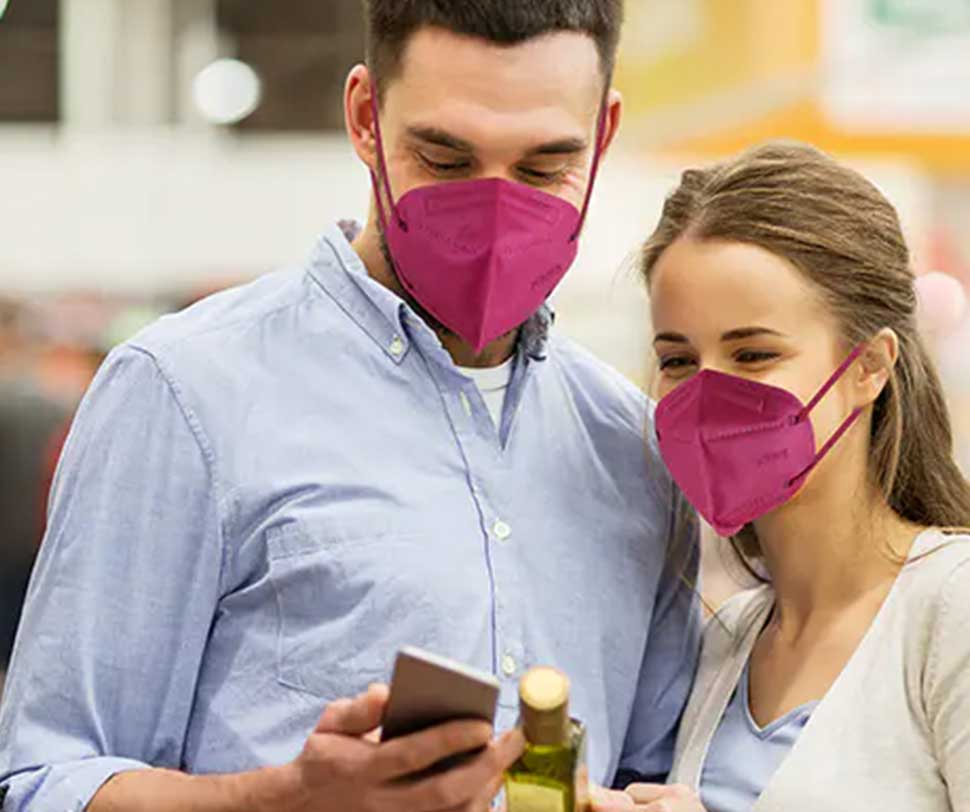 2022-04-26The importance of wearing a mask correctly
2022-04-26The importance of wearing a mask correctly -
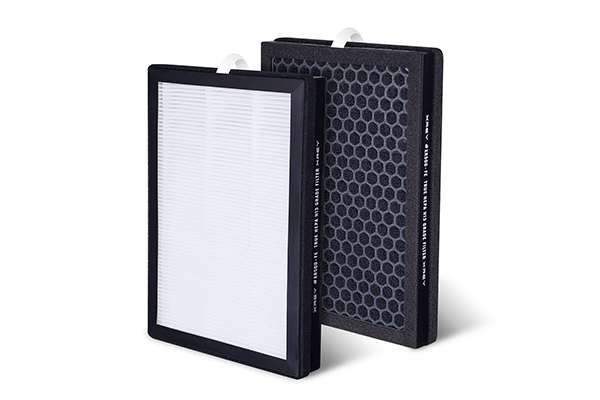 2022-04-27Connexions Air H13 True HEPA Filters
2022-04-27Connexions Air H13 True HEPA Filters -
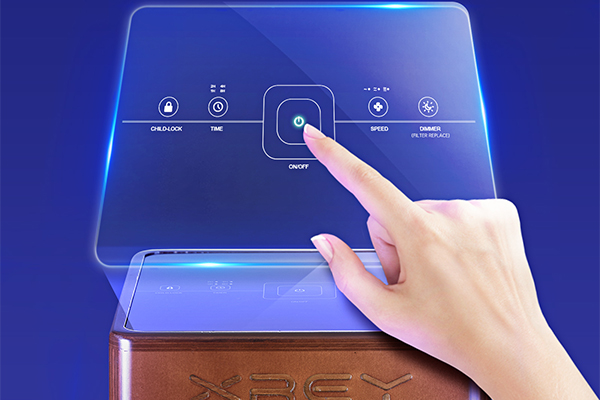 2022-04-29What is the use of anion function of air purifier?
2022-04-29What is the use of anion function of air purifier? -
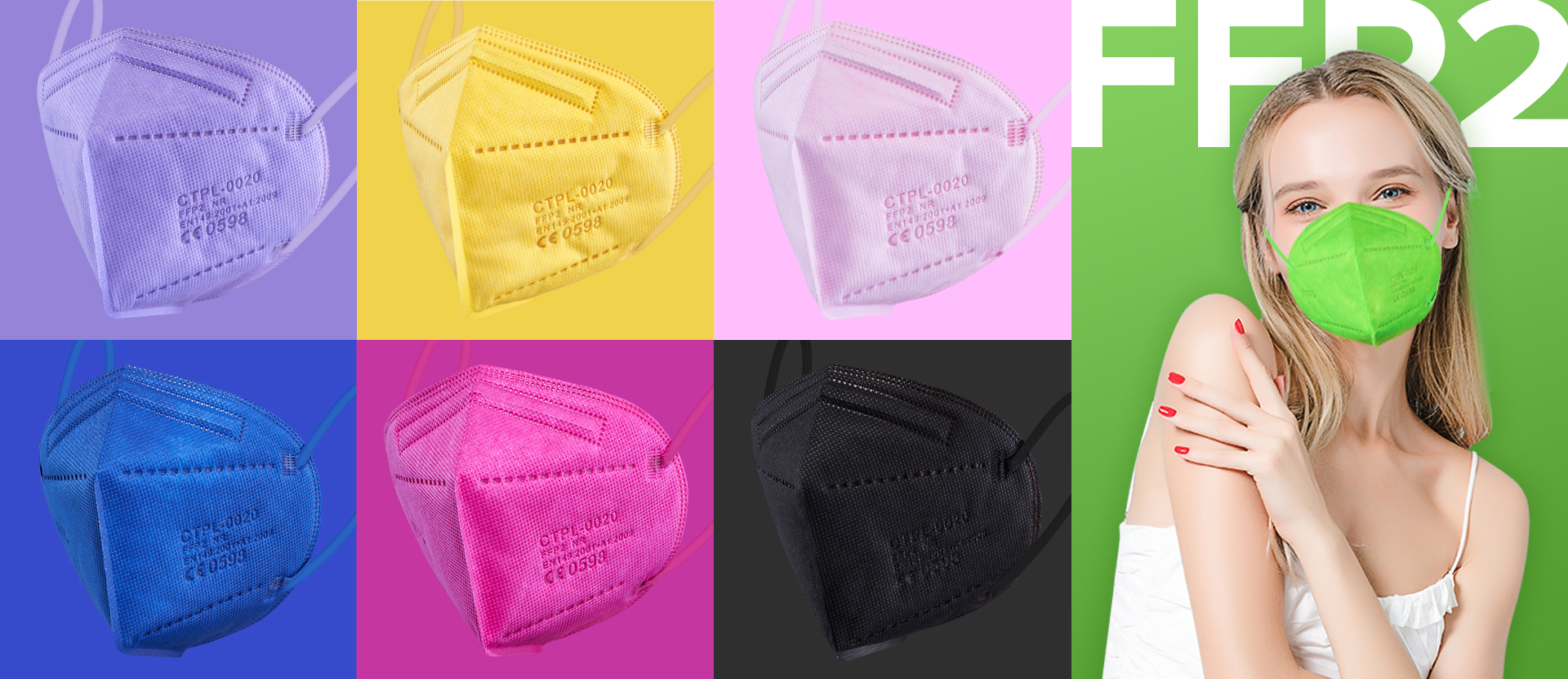 2022-05-08Standardize the wearing of masks, children should not be missed!
2022-05-08Standardize the wearing of masks, children should not be missed! -
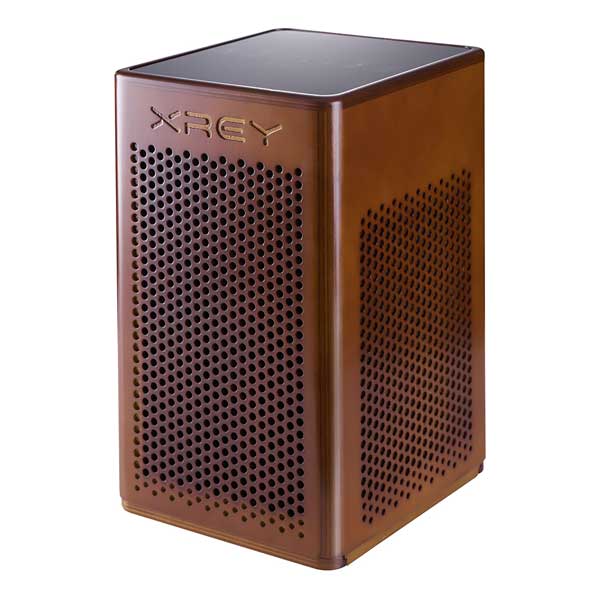 2022-05-16Hazy days, air purifiers are useful?
2022-05-16Hazy days, air purifiers are useful? -
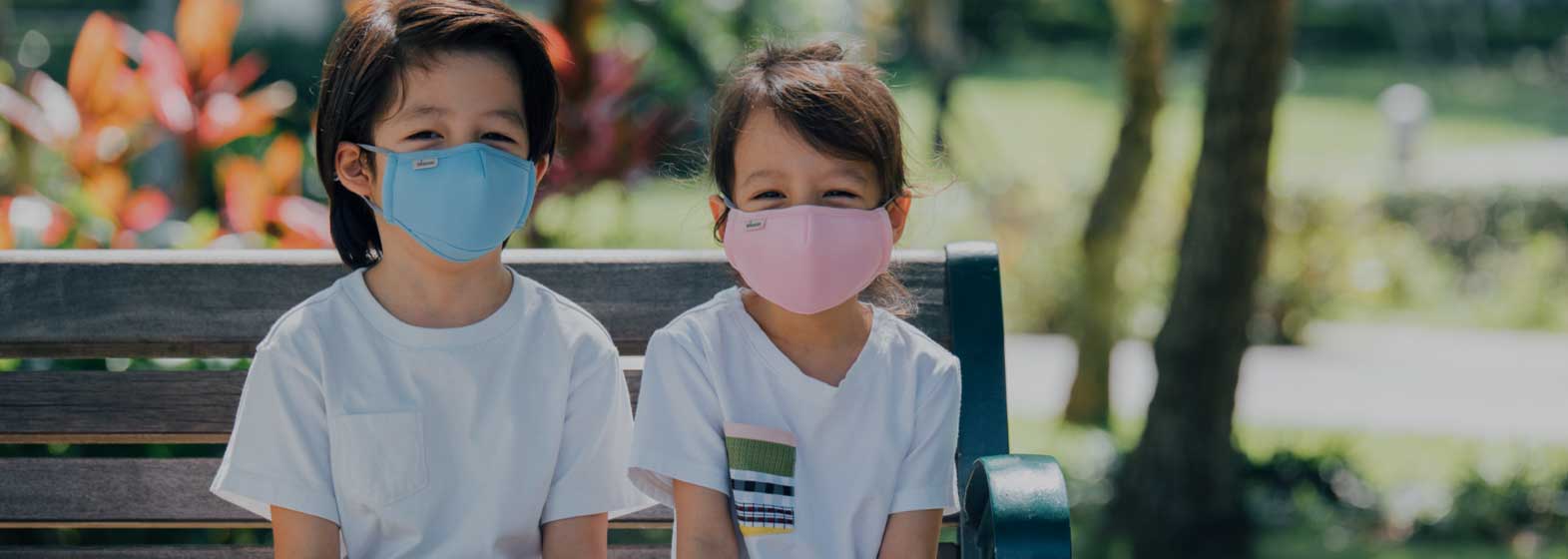 2022-05-16Attention everyone! Don't buy fake FFP2 masks! How do we identify?
2022-05-16Attention everyone! Don't buy fake FFP2 masks! How do we identify? -
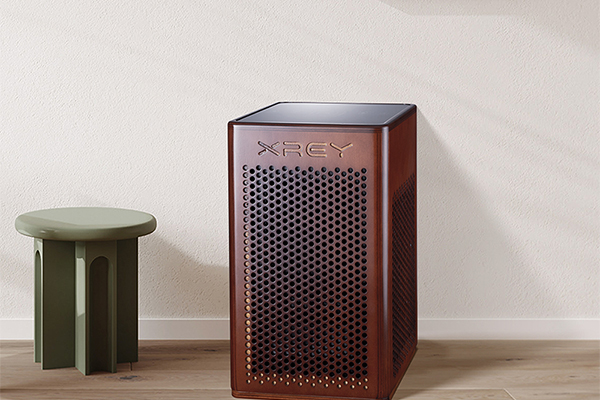 2022-05-17Pay attention to secondary pollution when using air purifiers
2022-05-17Pay attention to secondary pollution when using air purifiers -
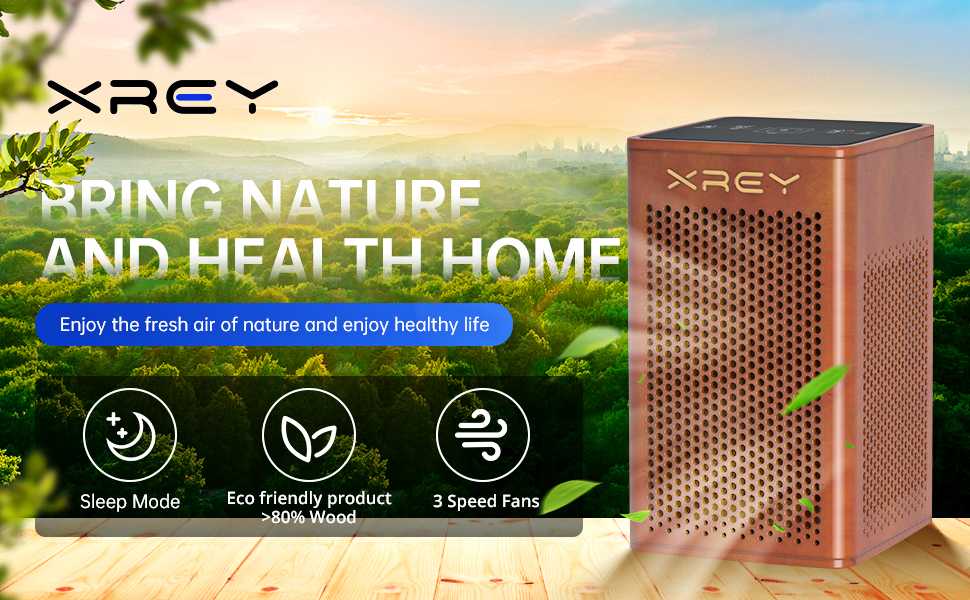 2022-05-17TOP5 pollutants that the purifier can purify
2022-05-17TOP5 pollutants that the purifier can purify
-
 2020-06-02Why do Face Masks Matter With This Coronavirus
2020-06-02Why do Face Masks Matter With This Coronavirus -
 2020-06-02How to Wear Mask
2020-06-02How to Wear Mask -
 2020-06-02Three Principles of Choice of Masks
2020-06-02Three Principles of Choice of Masks -
 2020-06-022020 Situation of Mask Market
2020-06-022020 Situation of Mask Market -
 2020-06-17What other preventative measures can you take to protect yourself from airborne substances?
2020-06-17What other preventative measures can you take to protect yourself from airborne substances? -
 2020-06-08The Advantage of Disposable Face Masks
2020-06-08The Advantage of Disposable Face Masks -
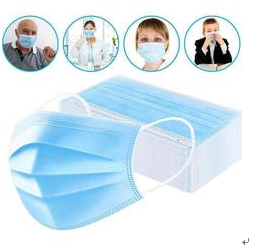 2020-06-093 Ply Disposable Face Mask & Soft & Comfortable Ear Loop
2020-06-093 Ply Disposable Face Mask & Soft & Comfortable Ear Loop -
 2020-06-17What are the regulations for surgical face masks?
2020-06-17What are the regulations for surgical face masks? -
 2020-06-09Do I need to wear a face mask if I am quarantined?
2020-06-09Do I need to wear a face mask if I am quarantined?
CONTACT US


Connexions Technology (Dongguan) Ltd.
We are always providing our customers with reliable products and considerate services.
If you would like to keep touch with us directly, please go to contact us
